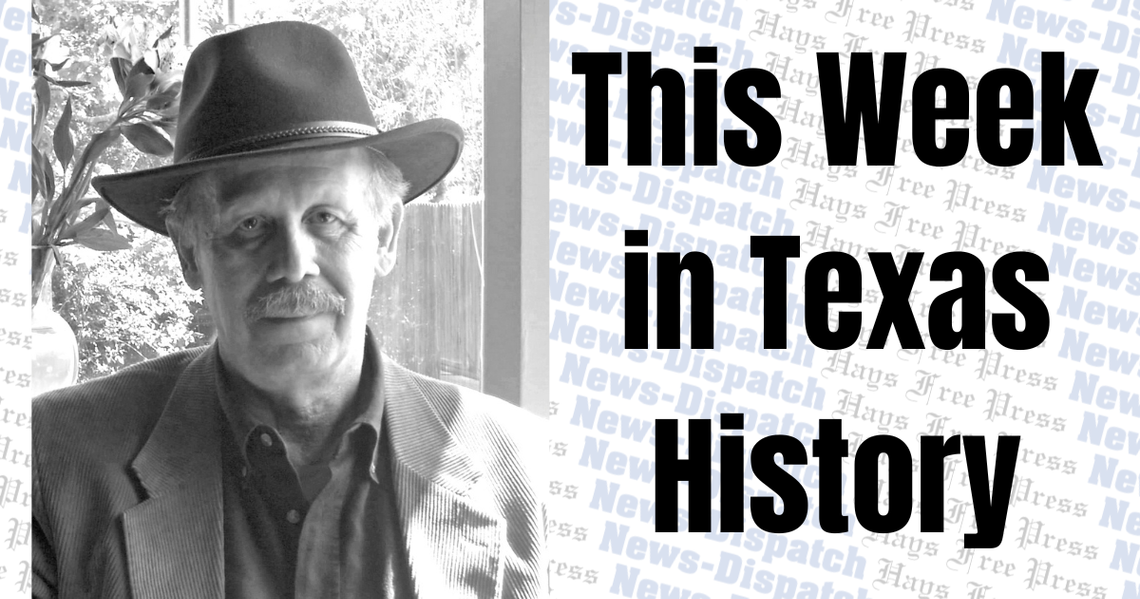With the repeal of Prohibition just around the corner, Texas Guinan bid farewell to New York City on Sep. 8, 1931 and took her “Too Hot for Paris” revue on the road.
Born Mary Louise Cecilia Guinan in 1884 on a ranch outside Waco, she was called Mamie by her immigrant parents. But rodeo fans dubbed the 14 year old “Texas.”
To channel their tomboy into more ladylike pursuits, the Guinans coaxed her into entering a national singing contest. The talented teenager won first prize – a two-year, all-expense-paid scholarship to a Chicago conservatory.
PLEASE LOG IN FOR PREMIUM CONTENT. Our website requires visitors to log in to view the best local news.
Not yet a subscriber? Subscribe today!











